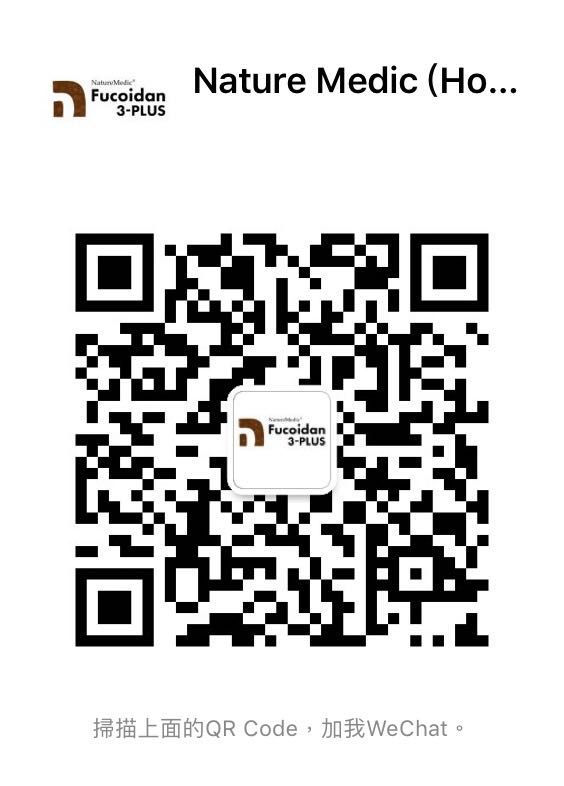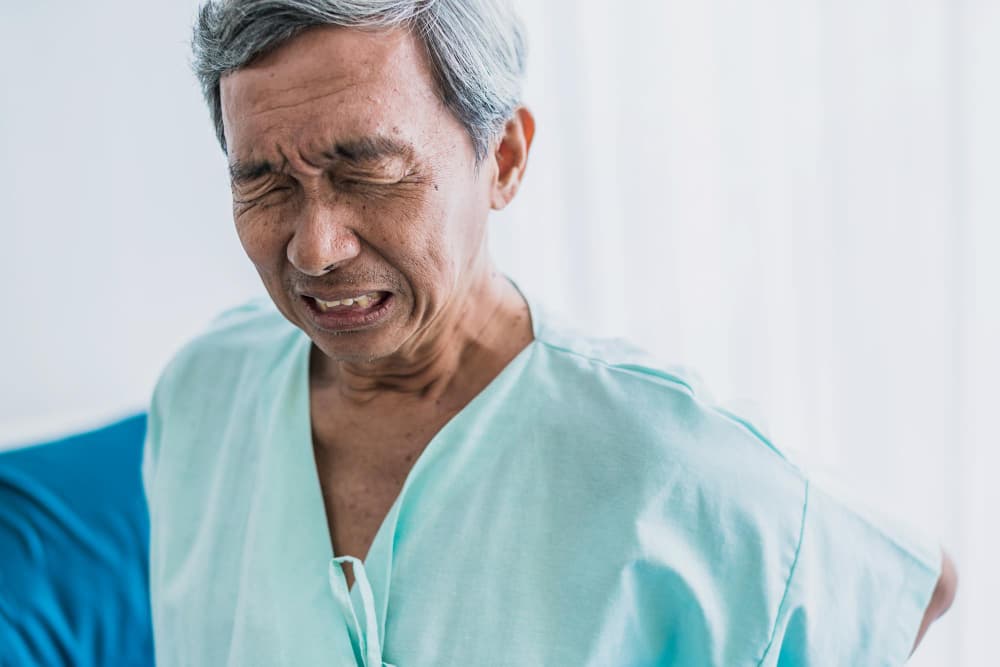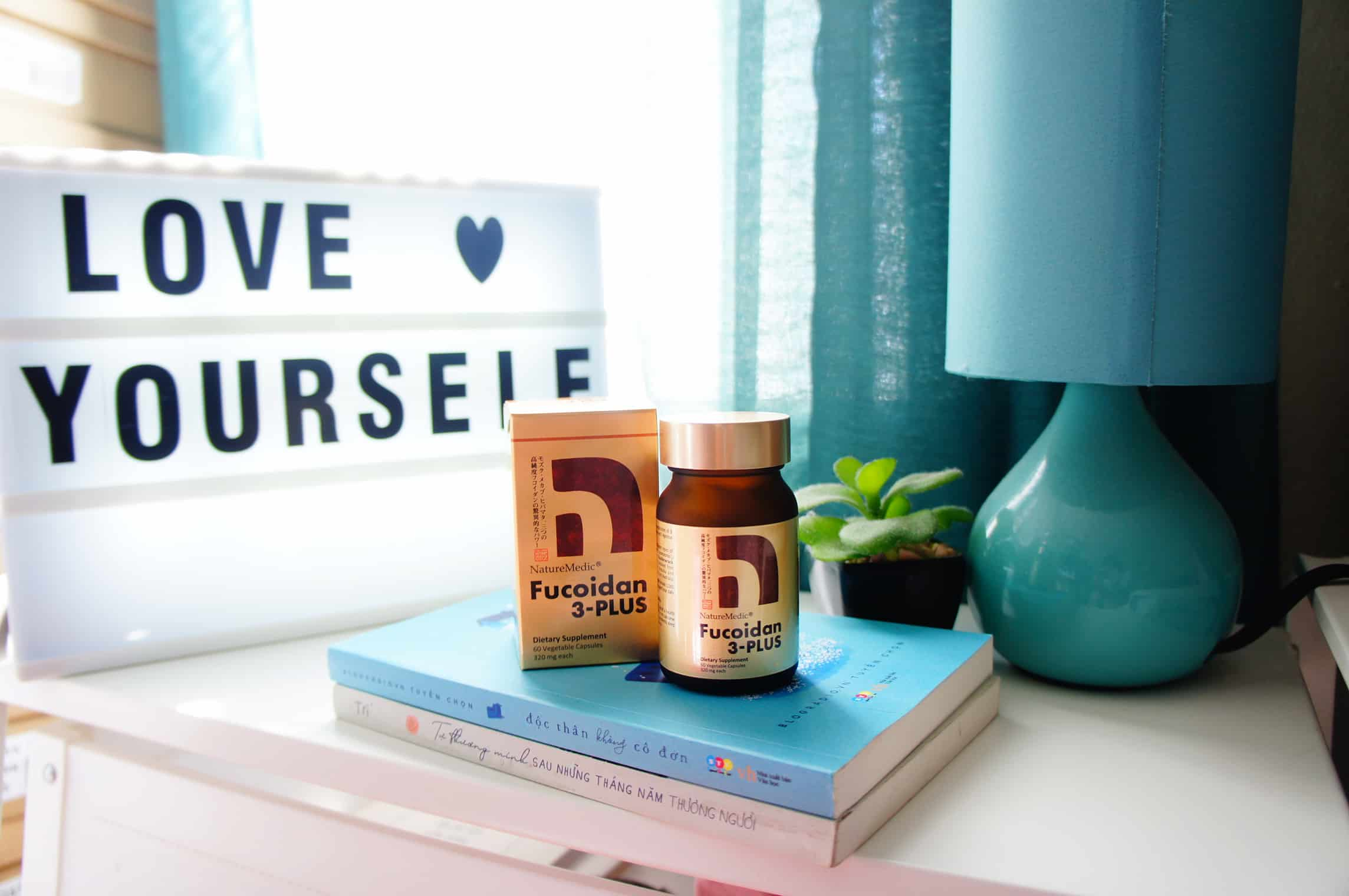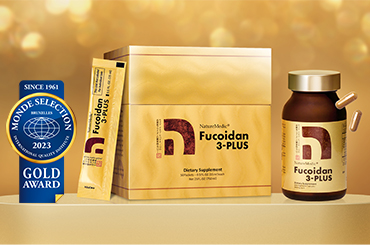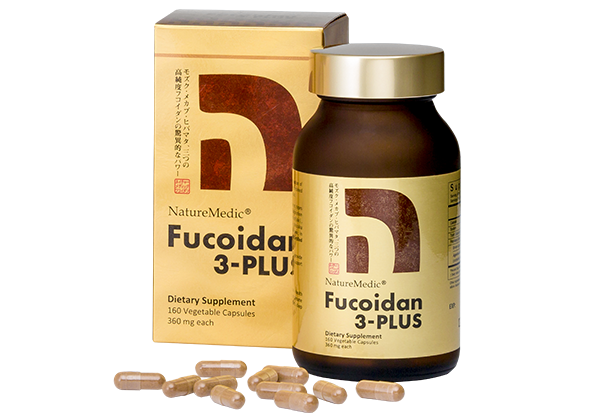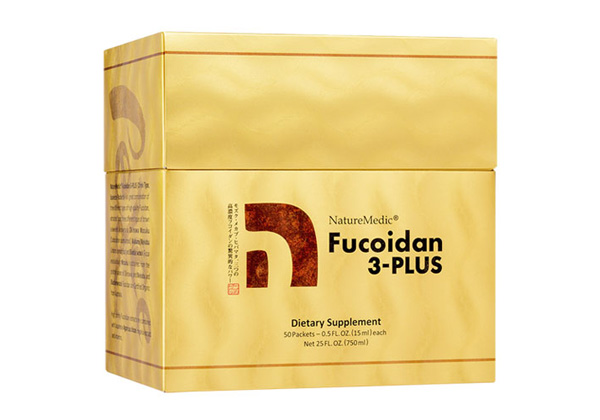November is Prostate Health Awareness Month — a time to better understand this quiet yet vital organ.
Prostate disorders are among the most common health issues in men, especially those over 50. Among them, prostate-related conditions are often described as a “silent threat,” affecting urinary function, sleep, and overall quality of life — and, in severe cases, can even become life-threatening.
Unfortunately, these conditions often show no clear symptoms in the early stages. Many men mistake initial changes for “normal aging,” missing the golden window for timely diagnosis and treatment.
Early Warning Signs You Shouldn’t Ignore
If you or your loved ones experience any of the following symptoms, it’s time to pay attention to prostate health:
• Difficulty urinating – weak stream, straining, or interrupted flow.
• Frequent nighttime urination – waking up more than twice a night.
• Feeling of incomplete emptying after urination.
• Interrupted or delayed urine flow.
• Pelvic or lower abdominal discomfort – dull ache, pressure, or heaviness.
These seemingly minor symptoms may actually signal inflammation, enlargement, or abnormal cell changes in the prostate.
Characteristics and Risks
• Early signs are subtle and often mistaken for normal aging.
• The condition may progress slowly but persistently, leading to complications such as urinary retention or kidney issues if left untreated.
• In advanced cases, abnormal prostate cells may spread to bones or nearby organs, affecting overall health.
Daily Prevention & Health Management
Prostate issues can be both prevented and detected early. Building healthy habits is the most practical way to protect your prostate.
• Regular check-ups: Men over 40 should consider annual PSA or urological exams.
• Stay active: Avoid prolonged sitting and keep pelvic blood flow healthy.
• Balanced diet: Eat less red meat and processed food; add more tomatoes, pumpkin seeds, and deep-sea fish.
• Manage stress & sleep: Chronic stress affects hormones and immune balance.
• Seek medical advice early: Don’t ignore urinary changes or pelvic discomfort.
Treatment Options & Latest Developments in Hong Kong
In Hong Kong, treatment options for prostate conditions are diverse and depend on the type, stage, and overall health of the patient.
• Medication:
Used for benign prostatic hyperplasia (BPH) or early abnormal cell changes. Common drugs include α-blockers and hormonal regulators to ease urinary symptoms.
• Minimally Invasive Surgery:
When medication is ineffective, procedures such as TURP (Transurethral Resection of the Prostate) or laser surgery may be advised. These are widely available in Hong Kong, offering smaller incisions and faster recovery.
• Radiation Therapy:
A primary option for patients with abnormal or resistant cells. Some centers provide advanced IGRT (Image-Guided Radiation Therapy) or brachytherapy for precise targeting.
• Chemotherapy:
Reserved for advanced or hormone-resistant cases. Common drugs such as Docetaxel and Cabazitaxel help slow abnormal cell growth and relieve symptoms under specialist supervision.
• Targeted & New Therapies:
Certain medical centers in Hong Kong now offer targeted or hormone-blocking treatments aimed at specific proteins or genes, giving more choices to patients with recurrent or advanced conditions.
Modern treatment no longer focuses only on “extending life” — it emphasizes quality of life, emotional wellbeing, and clear communication with the healthcare team as vital parts of recovery.
From Defense to Recovery: Strengthening the Body’s Natural Protection
Recent studies reveal a close link between immune balance, inflammation control, and prostate health. When the body is under chronic inflammation or stress, its defense mechanisms weaken, leading to cellular imbalance.
Among natural compounds being studied, Fucoidan — a polysaccharide extracted from brown seaweed — has shown potential in supporting prostate cell health and inflammatory balance.
Research findings suggest that:
• Fucoidan helps regulate cell signaling pathways, promoting the natural clearance of abnormal cells and reducing pro-inflammatory markers.
• In animal studies of testosterone-induced prostate enlargement, Fucoidan helped reduce prostate volume and PSA levels while supporting immune and hormonal balance.
• Other studies found Fucoidan may enhance natural killer (NK) cell activity, strengthening the body’s ability to defend against abnormal cell growth.
In daily life, maintaining regular sleep, balanced nutrition, moderate exercise, and including natural anti-inflammatory nutrients (such as Fucoidan) can help strengthen the body’s natural defenses — from prevention to repair.
Health Is Not by Chance — It’s a Choice to Care
November serves as a gentle reminder for men to pay attention to prostate health. Encourage the fathers, husbands, and friends around you to get checked — sometimes, a simple exam brings great peace of mind.
True courage isn’t ignoring your body; it’s choosing to care for it, one small action at a time.
The studies mentioned above are preliminary and not indicative of clinical treatment outcomes. Always consult a healthcare professional if you experience urinary or pelvic discomfort.
Further Reading & Research References
PMCID: PMC37668772. Park S. Y. et al. (2024). Fucoidan helps regulate inflammation and hormone balance in testosterone-induced prostate enlargement in animal models. Pharmaceuticals, 17(5): 576.
PMCID: PMC115329993. Eze C. U. et al. (2024). Fucoidan shown to enhance oxidative balance and promote normal cell turnover in preclinical models. Nigerian Journal of Clinical Practice, 27(7): 1033–1040.
Journal Link4. Irhimeh M. R. et al. (2019). Effects of Fucoidan on immune modulation and natural killer (NK) cell activity in human subjects. Molecular and Clinical Nutrition Studies, 11(1): 81–88.
DOI: 10.3892/mco.2019.1943
 (852) 5729 0686
(852) 5729 0686 
